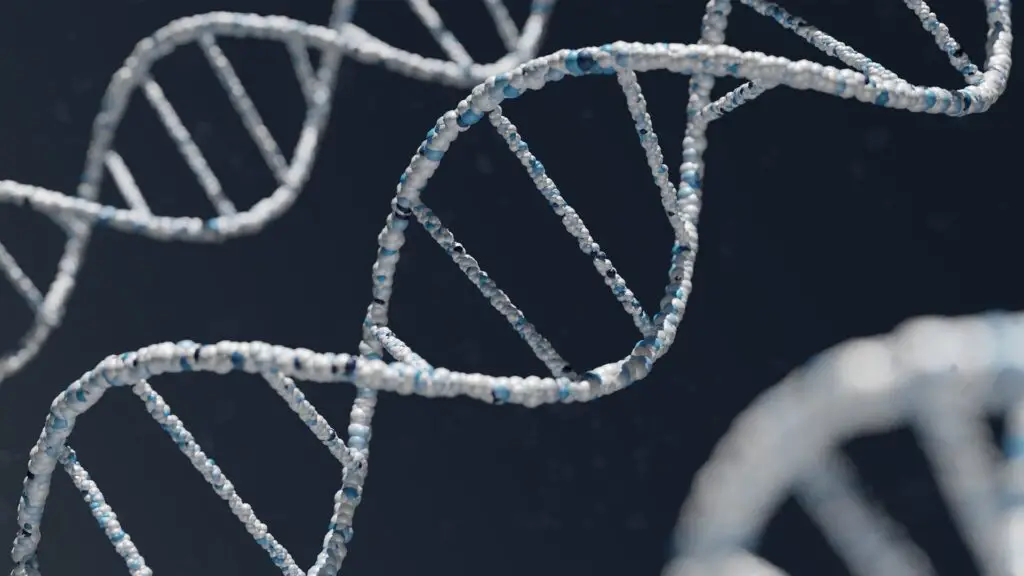To be the fittest to survive in this world, children need to be nurtured properly in the early years of their lives.
They need to be physically and emotionally fit which is very much influenced by health factors. That’s why you have to know various health factors that affect child development.
Are you concerned about your child’s growth? Do you want him/her to grow into a smart and healthy human being that will one day influence his surroundings? If yes, then you should definitely be concerned about his health care, especially during the first few years of his life.
The time when a baby is within a body, he starts getting nutrition from his mother through a temporarily formed organ.
This makes us realize how important nutrition is. Then after a child is born, mother’s milk takes over the role of providing nutrients like free water and proteins to the child.
At the age of 6 months, children need to start eating their first foods. They should be fed frequently and in adequate quantities throughout the day, they should be getting nutrient-dense meals.

How does health affect child development?
The development of a child is greatly influenced by the kind of diet he is taking. The first few years of life are especially very crucial to development.
If a child is deprived of proper nutrition during this time, he may not grow to his full potential.
A child should be given a diet that fulfills all the requirements of carbohydrates, proteins, fats, vitamins, and various other nutrients.
If the requirements aren’t fulfilled it can cause various complications.
Bones won’t grow properly due to:
- Lack of calcium, phosphorus, and some other inorganic substances.
- Lack of zinc causes growth retardation in children.
- Lack of iron can cause anemia and poor appetite.
Proteins in the diet provide essential amino acids that contribute to the mental and physical health of your child.
A child with protein deficiency can have diseases like kwashiorkor, he may have a lack of concentration and slow growth.
Vitamin D deficiency in children causes a disease of bones called rickets.
Thus, MALNUTRITION during childhood delays growth. So, a nutrition-dense diet should be given to children to ensure their proper growth and development.
If we want our children to live a happy, healthy life and want them to prosper, then we should have to take care of their health.

Other factors that affect child development:
Nature and nurture both affect a child’s growth. We cannot change what nature has endowed but nurture can create a big difference.
Along with health factors and nutrition, there are so many other factors that affect child development and growth. These may include the following:
- Environmental influences
- Socio-economic status
- Learning
- Familial influence
- Hormones
- Heredity
1. Environmental influences:
By the environment, we mean all the physical, geographical, and social surroundings of a child.
A loving family, a good school, and good friends with his neighbor can not only help him have good communication and social skills but also excel in academics and extracurricular activities.

2. Socio-economic status:
Children from poor families get comparatively fewer opportunities. Because of not having access to good schools and good nutrition they can’t reach their full potential.
MARASMUS and KWASIOKWOR are some of those diseases that occur due to a lack of proteins and essential nutrients in a child’s diet (MALNUTRITION) and these are usually common in children from families of low socio-economic status.

3. Learning:
Learning doesn’t merely involve learning school books. It includes learning various skills and playing games like scrabble, monopoly, and chess that will help boost his mind. Learning means the emotional, social, and mental buildup of a child.

4. Familial influence:
The environment of a family affects a child’s growth and development especially mental development. A place where parents are living in a toxic relationship.
They don’t welcome the child with a “good morning” but by the noise of a fight between them. This will surely make their child mentally unstable.
He is not going to be confident in himself. On the other hand, a child who has a loving family is going to be confident, mentally, and physically stable.

5. Hormones:
Hormones are substances released from endocrine glands in our bodies. Their release at a specific time is very important for the normal growth and development of a child.
Abnormality in the release of these substances can result in various abnormalities, growth defects, and other various diseases.
DWARFISM or Growth hormone deficiency (GHD), is a condition caused by insufficient amounts of growth hormone in the body. Children with dwarfism have abnormally short stature with normal body proportions.

6. Heredity:
The transfer of characteristics from parents to their off-springs is known as heredity.
Heredity is a very big and major factor that affects not only a child’s physical appearance but also the kind of nature and aptitude he has.
Have you ever seen a cute little baby with green eyes and wondered where did he get that eye color from? It’s definitely because one of his parents might have green eyes or might have the gene for green eyes. So heredity is a mind-blowing thing.
Heredity affects a child’s height, eye color, hair color, intelligence, and aptitude. Where heredity does all these wonders, it can also transfer various diseases from parents to their children and thus lowering the quality of their children’s life.
Various heart diseases, blood diseases (hemophilia, sickle cell anemia, and thalassemia), obesity, and diabetes can be transferred.

How does heredity affect growth and development?
There are various genes that affect the growth and development of a child. Abnormality or mutation in any of these genes can cause growth defects. For example, The GH1 gene provides instructions for making the growth hormone protein.
Growth hormone is necessary for the normal growth of the body’s bones and tissues.
Mutation in the GH1 gene hinders the growth hormone. As a result, the body cannot grow at a normal rate which causes dwarfism, and short body stature with normal body proportions.
The inherited genes from parents influence everything from height, hair color, eye color, and other physical characteristics, to intelligence, behavioral patterns, and personality traits.
FAQs (Frequently asked questions)
Q. What is the most important factor affecting child’s development?
Ans. Nutrition may be the most important health factor that affect child development. A diet that is rich in vitamins and nutrients must be given to children. Especially during the early years of their life for their proper growth.
Q. What external factors affect a child’s development?
Ans. The quality of the environment, socio-economic status, education, and family are some of the external factors that affect a child’s development.
Q. How do biological factors affect a child’s development?
Ans. Biological factors like genes, hormones, and brain functions affect a child’s development.
Various genes (for example, the GH1 gene) cause the production of hormones (such as growth hormones from the pituitary gland of the brain) that will influence the growth and development of a child.
Q. How does wellbeing affect child’s development?
Ans. Well-being is very important for a child’s mental and physical health. Wellbeing involves education, economic, health, family, and community factors.
For example, a child from a loving family or with a better socioeconomic status is way more confident, healthy and skillful than a child from a broken or poor family.
Q. What affects growth and development?
Ans. Nutrition, Environment, Familial influence, Geographical influence, Hormones, Heredity, and Socioeconomic status are some of the factors affecting growth and development.
Conclusion:
To put it all in a nutshell, we should take care of nutrition, health and wellbeing of our children if we want them to conquer various milestones when they grow up.
